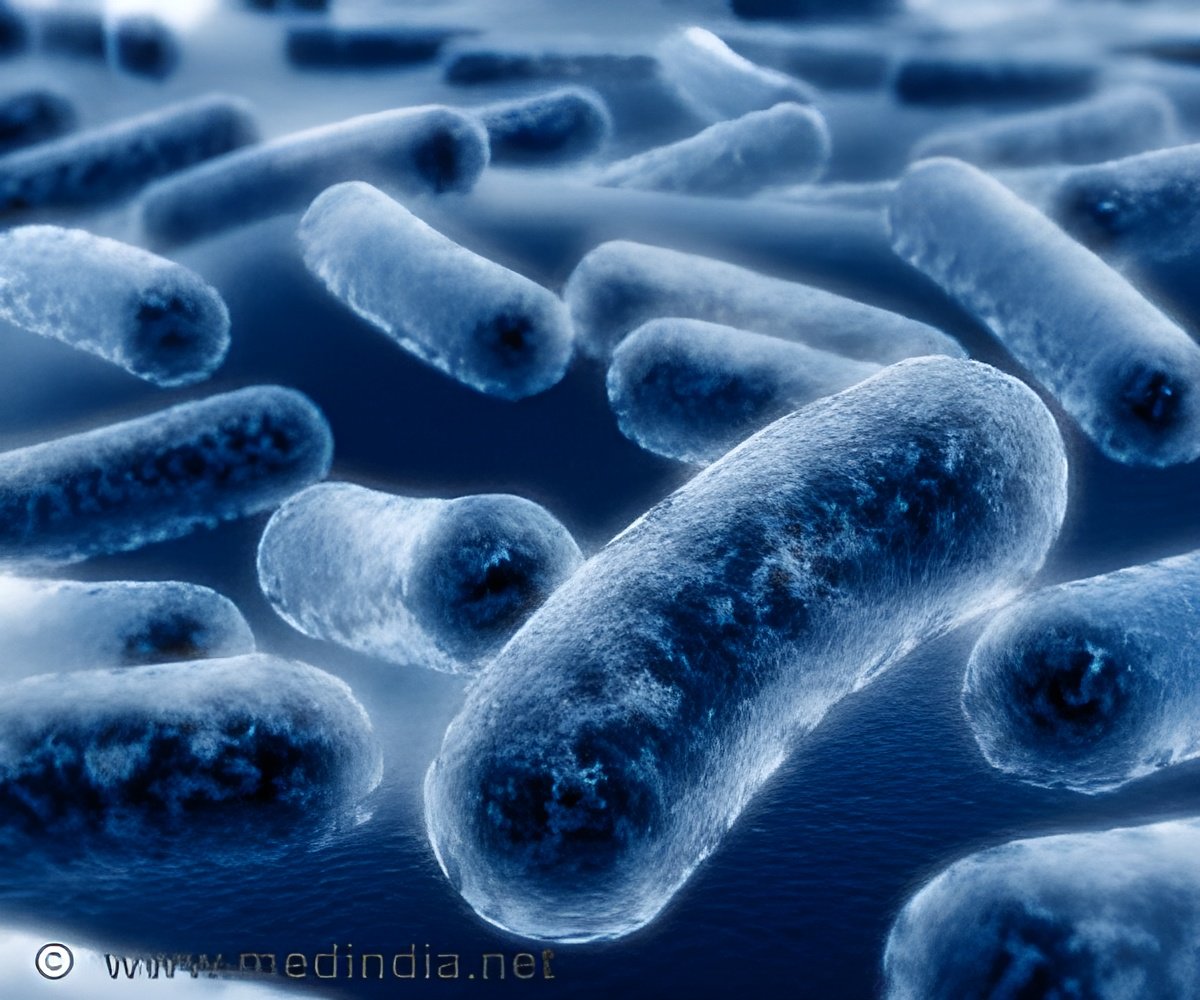The microbes are collected on gauze that had been placed in the vagina before birth for one hour. The gauze is then swabbed onto the newborns' mouth, face and body.

TOP INSIGHT
Babies delivered by cesarean section acquire a microbiota that differs from that of vaginally delivered infants. C-section delivery is associated with increased risk for immune and metabolic disorders.
UCSD's Knight led the study along with first author Maria Dominguez-Bello of New York University and senior author Jose Clemente of Mount Sinai in New York. Dominguez-Bello began work on the study while a postdoctoral fellow in Knight’s lab.
Researchers hope that the new procedure called ‘vaginal microbial transfer’ could reduce the risk of such illnesses associated with abnormal microbiomes. The study examined C-section infants who were given microbes from their mother's vagina using the new procedure.
The study examined 18 babies and their mothers, seven with vaginal births and 11 with C-sections. Of the C-sections babies, four were treated with their mothers' vaginal microbes, with 11 untreated.
The microbes were collected on gauze that had been placed in the vagina before birth for one hour. The gauze was then swabbed onto the newborns' mouth, face and body.
After 30 days follow-up testing, the C-section babies developed microbiomes more characteristic of vaginally delivered babies than C-section babies who did not get the treatment. But the transfer was incomplete, and some of the microbes acquired through C-section remained. And the long-term durability of the transfer is unknown.
"Delivery is a very complex process that involves much more than the mere transfer of microbes," said Clemente. "And this cannot be fully recaptured by our procedure. But we would like to emphasize that our results establish feasibility, but not health outcomes. We will need larger studies in populations at risk to determine if transferring vaginal microbes to the newborn can be translated into reducing disease risks associated with C-section birthing."
The study was published in the journal Nature Medicine.
Source-Medindia
 MEDINDIA
MEDINDIA




 Email
Email







